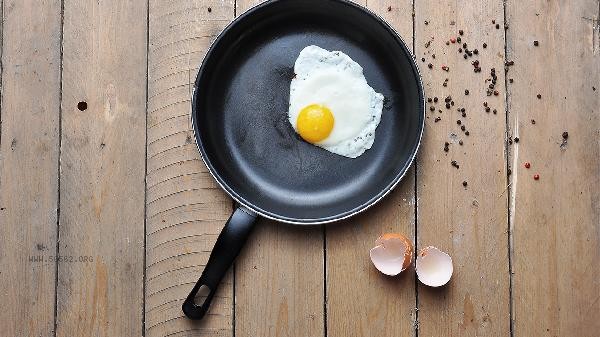The best way to preserve the nutritional value of eggs is to boil or steam them. Eggs are rich in high-quality protein, lecithin, vitamin A, B vitamins and other nutrients. Different cooking methods mainly affect key indicators such as complete protein utilization rate, vitamin retention rate, and cholesterol oxidation degree on nutrient absorption rate.

1. Boiled eggs
Boil in cold water and let it simmer for 8 minutes to achieve a protein digestion and absorption rate of over 90%. The lecithin in egg yolk can remain stable below 100 ℃, and the loss of vitamin B2 is less than 15%. Note that boiling for more than 10 minutes can cause a grayish green film to form on the surface of the egg yolk, which does not affect safety but can reduce iron absorption rate.
2. Steamed egg custard
The protein denaturation of egg custard steamed in water for 10 minutes is milder, and the degree of fat oxidation is only 30% of that of fried eggs. Adding an appropriate amount of warm water and stirring can evenly distribute fat soluble vitamins such as vitamin D. Patients with celiac disease are recommended to choose this method, as high-temperature steam can destroy the anti trypsin factors in eggs.
3. Frying fried eggs
with oil temperature controlled below 160 ℃ for a short period of time can reduce the generation of cholesterol oxidation products by more than 50%. Pairing with ingredients rich in vitamin C such as tomatoes can promote iron absorption, but high temperatures can cause 40% loss of vitamin B1. Suggest using non stick pans to reduce oil consumption.

4. Soft boiled eggs
boiled at 65 ℃ for 30 minutes can kill Salmonella while maintaining the semi flowing state of the egg yolk. The biotin utilization rate is 20% higher than that of fully cooked eggs. But those with weaker digestive function may experience bloating, and the anti biotin protein in raw egg white can affect biotin absorption.
5. Tea egg
Long time stewing will lead to excessive cross-linking of protein, but tea polyphenols can inhibit cholesterol oxidation. It is recommended to control the braising time within 2 hours to avoid an increase in nitrite content. hypertensive patients should control their intake, and the sodium content in braised sauce can reach 50% of the recommended daily intake.

Healthy adults are recommended to consume 1-2 whole eggs per day, and patients with hypercholesterolemia can consume egg yolks every other day. Pairing with dark vegetables can increase the absorption rate of lutein and avoid affecting iron absorption when consumed with strong tea. Eating boiled eggs within 30 minutes after exercise will help muscle synthesis. Elderly people suggest choosing the form of Egg&vegetable soup that is easy to digest. When stored with the blunt end facing upwards, the expansion of the air chamber can be delayed, and refrigerated storage should not exceed 3 weeks.









Comments (0)
Leave a Comment
No comments yet
Be the first to share your thoughts!